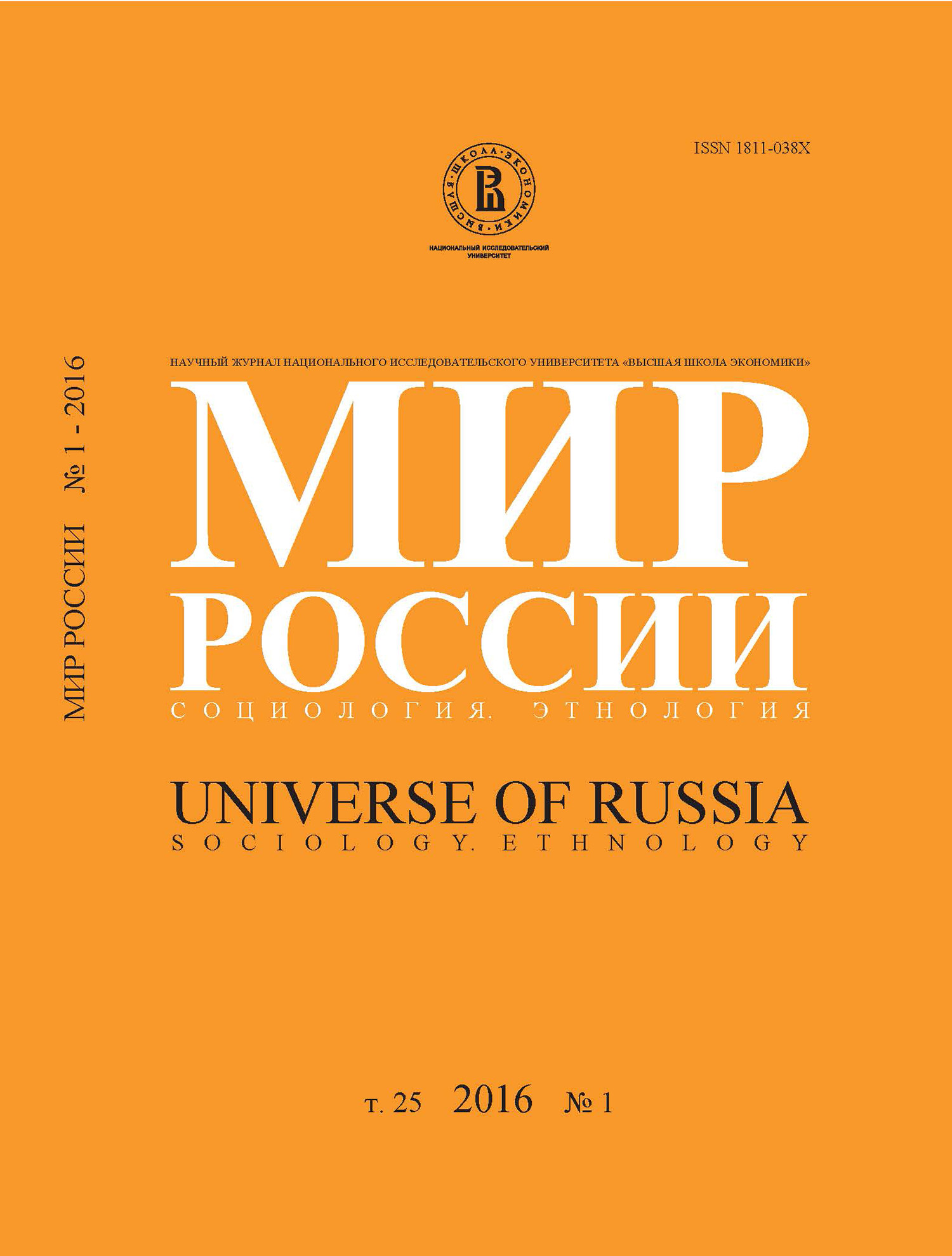Russian Bandit Gangs, their Moral Code and Practices of Violence
Abstract
Svetlana Stephenson — PhD, Reader in Sociology, London Metropolitan University. Address: 166-220 Holloway Road, London N7 8DB, Great Britain. E-mail: s.stephenson@londonmet.ac.uk
This article analyses data from a research project on territorial bandit gangs conducted in Kazan. The project involved 32 interviews with gang members aged between 17 and 35. It addresses the moral rules applied within the gangs and their interaction with the members of mainstream society. The author sees the social organization of the gangs as that of male warrior alliances, of premodern associations, where economic, social and emotional ties are tightly interwoven. Using an ethnomethodological approach, the author addresses the system of poniatiia, the moral rules of the gangs, and outlines the fundamental principles that underlie their members’ worldview. The moral obligations created by poniatiia only apply to the relations between the gang participants, while relations with the non-members are based on predation, exploitation and at best patron-client dependencies. Violence towards non-members is very weakly limited. Outside the specific activities which support the social reproduction of the gang, members can also be part of modern institutions and follow their rules. Gang members are orientated towards double incorporation in legitimate and illegitimate structures and their respective moral orders. The article concludes with some reflections on the parallels between the gang rules and the behaviour of the Russian power elite.






